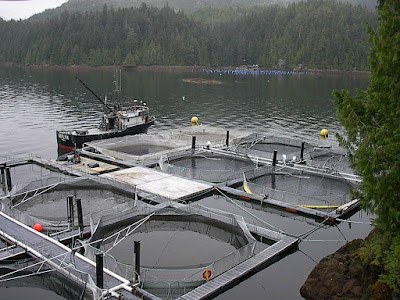Use of shrimp probiotics in farming

Immune system: In relation to farmed shrimp, bacterial diseases are considered as the largest cause of mortality in larvae. The administration of a mixture of bacteria (Bacillus spp. and Vibrio spp.) positively influenced on survival and had protective effect against Vibrio harveyi and the white spot syndrome virus (WSSV). This result was due to stimulation of the immune system, by increasing phagocytosis and antibacterial activity. The administration of a commercial probiotic for the larvae of Marsupenaeus japonicus resulted in increased survival (97%) being significantly higher than the control treatment. Thus, the use of Bacillus coagulans SC8168 as probiotic for postlarvae of Litopenaeus vannamei resulted in higher survival of animals . In a study with tiger shrimp (Penaeus monodon), the inoculation of Bacillus S11, a saprophyte strain, resulted in higher survival of post larvae challenged by a luminescent pathogenic bacterial culture. Bacillus su





